I missed last week’s edition of Hymn Notes so here’s two for this week. Two of my favorites.
# 686 Come, thou fount of every blessing
Words: Robert Robinson
Tune: Nettleton, melody from A Repository of Sacred Music
This is one of my favorite hymns, and maybe one of your favorites, too. The imagery formed from the text, paired with a simple beautiful tune, is so moving.
In 1752, a young Robert Robinson attended an evangelical meeting to heckle the believers and make fun of the proceedings. Instead, he listened in awe to the words of the great preacher George Whitefield, and in 1755, at the age of twenty, Robinson responded to the call he felt three years earlier and became a Christian. Another three years later, when preparing a sermon for his church in Norfolk, England, he penned the words that have become one of the church’s most-loved hymns.
Using imagery of Christ as the giver of living water and the shepherd gathering his sheep back into the fold, this hymn reminds the worshiper of the ever bountiful grace of God. Like Robinson, we too are “prone to wander,” and are quick to seek redemption through our own power. But God continues to bring us back from our wandering, until, songs of praise on our lips, we dance forever before the mount of His redeeming love.
Here’s a stirring offering from the Choral Society of Middle Georgia, Mercer University Choir and Mercer Center for Strings, from their performance at Carnegie Hall. YOUTUBE
# 522 Glorious things of thee are spoken
Words: John Newton
Music: Austria
Composer: Franz Joseph Haydn
For a substantial period of his life, John Newton was accustomed to writing hymns, often at a rate of one each week, exploring the same biblical themes of his preaching. Presumably, “Glorious things of thee are spoken” shares its origins with a sermon Newton preaches on Isaiah 33:20-21 sometime before February 1779. The hymn is fairly close paraphrase of the scriptural passage. It first appeared in print in Newton’s Olney Hymns in 1779. The only modification to Newton’s text is in stanza 2, where “… Ever will their thirst assuage?” replaces “… Ever flows their thirst t’assuage?”
The hymn is one of the best loved in the English tradition, particularly due to its connection with the tune AUSTRIA, an almost exclusive association that lasted until the beginning of the Second World War, when an alternative tune, Abbot’s Leigh, [Hymn 523] was offered. But here is the original from the Robert Shaw Chorale.

